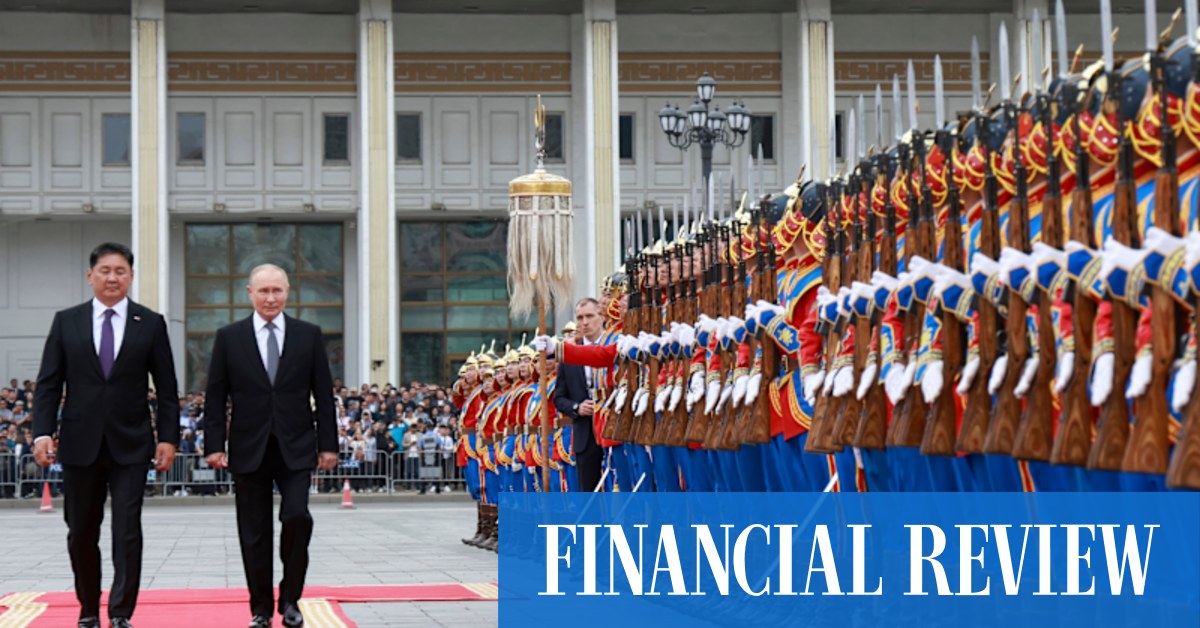Oyu Tolgoi: Mongolia's Mining Power Struggle
Mongolia, a landlocked nation rich in natural resources, finds itself embroiled in a complex and high-stakes power struggle surrounding the Oyu Tolgoi copper and gold mine, one of the world's largest. This mega-project, a joint venture between the Mongolian government and Turquoise Hill Resources (owned by Rio Tinto), has long been a source of both immense potential wealth and significant political tension. Recent developments have only intensified this struggle, highlighting the delicate balance between national sovereignty, foreign investment, and the equitable distribution of resources.
A Mine of Contention: Understanding the Stakes
Oyu Tolgoi, meaning "Turquoise Hill" in Mongolian, holds the promise of transforming Mongolia's economy. Its vast reserves of copper and gold are projected to generate billions of dollars in revenue over its lifespan. However, the mine's development has been plagued by delays, cost overruns, and disagreements over its management and profit sharing. These issues have fueled public discontent and led to political upheaval.
Key Points of Conflict:
- Profit Sharing Disputes: The agreement between the Mongolian government and Rio Tinto has been a major source of contention. Disagreements over revenue distribution, taxation, and transparency have led to accusations of unfair practices and exploitation of Mongolian resources.
- Environmental Concerns: The environmental impact of the mine is another critical concern. While Rio Tinto has implemented some environmental mitigation measures, concerns remain about water usage, waste disposal, and the potential impact on local communities and ecosystems. This has led to protests and demands for stricter environmental regulations.
- Governance and Transparency: Questions about governance and transparency in the management of the Oyu Tolgoi project have also fueled public distrust. Accusations of corruption and lack of accountability have contributed to the ongoing political instability.
- Nationalism vs. Foreign Investment: The Oyu Tolgoi project has become a symbol of the complex relationship between Mongolia's desire for economic development and its efforts to maintain national sovereignty in the face of foreign investment. Balancing these competing interests is a significant challenge for the Mongolian government.
The Latest Developments and Their Implications
Recent negotiations between the Mongolian government and Rio Tinto have yielded some progress, but the underlying tensions persist. The focus has been on addressing the outstanding financial disagreements and improving transparency in the project's operations. However, the long-term sustainability of the partnership remains uncertain. The outcome of this power struggle will significantly impact Mongolia's economic future and its relationship with international investors.
Further Reading: For more in-depth analysis, you can refer to reports from organizations like the World Bank and the International Monetary Fund, which provide detailed assessments of Mongolia's mining sector and the Oyu Tolgoi project. [Link to a relevant World Bank report (example)]
The Road Ahead: Navigating a Complex Future
The future of Oyu Tolgoi hinges on finding a sustainable and equitable solution that addresses the concerns of all stakeholders. This requires open dialogue, transparency, and a commitment to good governance. A failure to resolve these issues could have devastating consequences for Mongolia's economy and its social fabric. The international community also has a role to play in promoting fair and sustainable practices in the mining sector.
Call to Action: Stay informed about developments in the Oyu Tolgoi saga. Understanding the complexities of this situation is crucial for appreciating the challenges faced by resource-rich nations in balancing economic development with environmental protection and national interests. Follow reputable news sources for updates on this evolving story.

